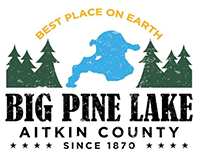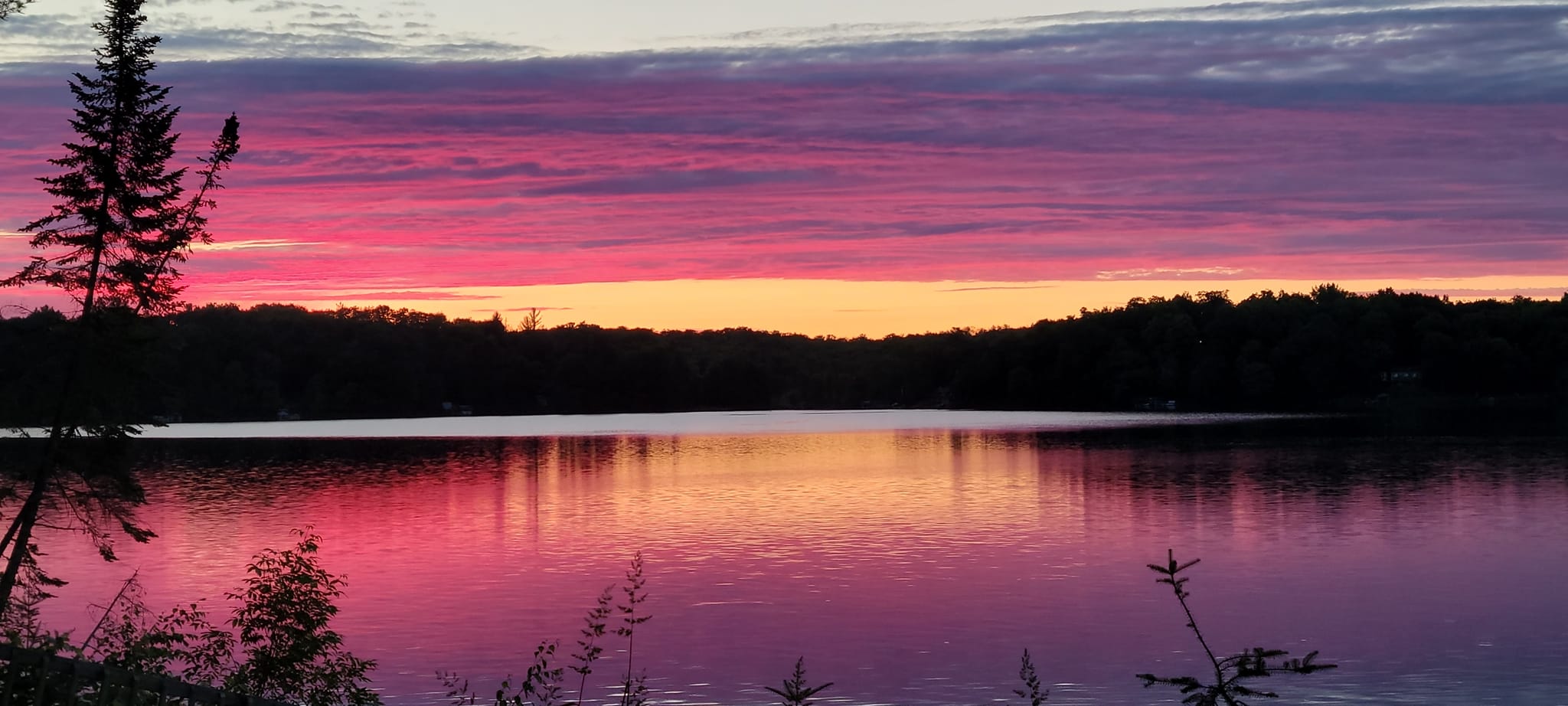It is important to manage Aquatic Invasive Species (AIS) as it can overtake the habitat and outcompetes native aquatic plants, potentially lowering diversity. AIS provides an unsuitable shelter, food and nesting habitat for native animals along with dense mats at the water’s surface that impacts water recreation. When invasive plants become too abundant they can cause not only economic harm but also environmental harm. The video below is a great informative video on invasive species:
Minnesota Lakes and Rivers Video: Minnesota Waters at Risk – Aquatic Invasive Species
AIS Detective
If you are interested in learning more about AIS, the University of Minnesota AIS Department program has a YouTube channel where you can view prior webinars. Visit University of Minnesota AIS Detectors – YouTube. If you are interested in becoming a AIS Detector or just want to help with occasional AIS monitoring around our lake, please us the Contact Us form to reach Board President, Tom Hubbard.
Citizen Reporting of New Aquatic Invasive Species
If you think you have found an invasive aquatic species new to our lake, record the exact location of the sighting. Collect a specimen and wrap specimen in a moist (not dripping) paper towel, place in a sealable plastic bag, put it in an envelope and contact one of the links in the paragraph below. You could also take a digital picture (use a pen or coin next to the plant in the photo to provide some sense of scale).
An invasive species, like Zebra Mussels, is recorded for our lake. If you identify an aquatic invasive species that has not been reported for our lake you can contact AIS Trained Detector, Tom Hubbard, Big Pine Lake Property Association President who would be happy to look at your specimen. You can also contact Kyle Frederickson (Fred.aitkinswcd@gmail.com) with the Aitkin County Soil & Water Conservation District for information or the Brainerd DNR Department. DNR Invasive Species Program Reporting Phone Numbers: 651-259-5100 (metro) or 1-888-646-6367.
MN DNR Reporting Information
Aquatic Invasive Species Information
MN AIS Prevention Impact Flyer
Eurasion Milfoil (Currently in Mille Lacs Tributaries)
https://www.dnr.state.mn.us/invasives/aquaticplants/milfoil/index.html
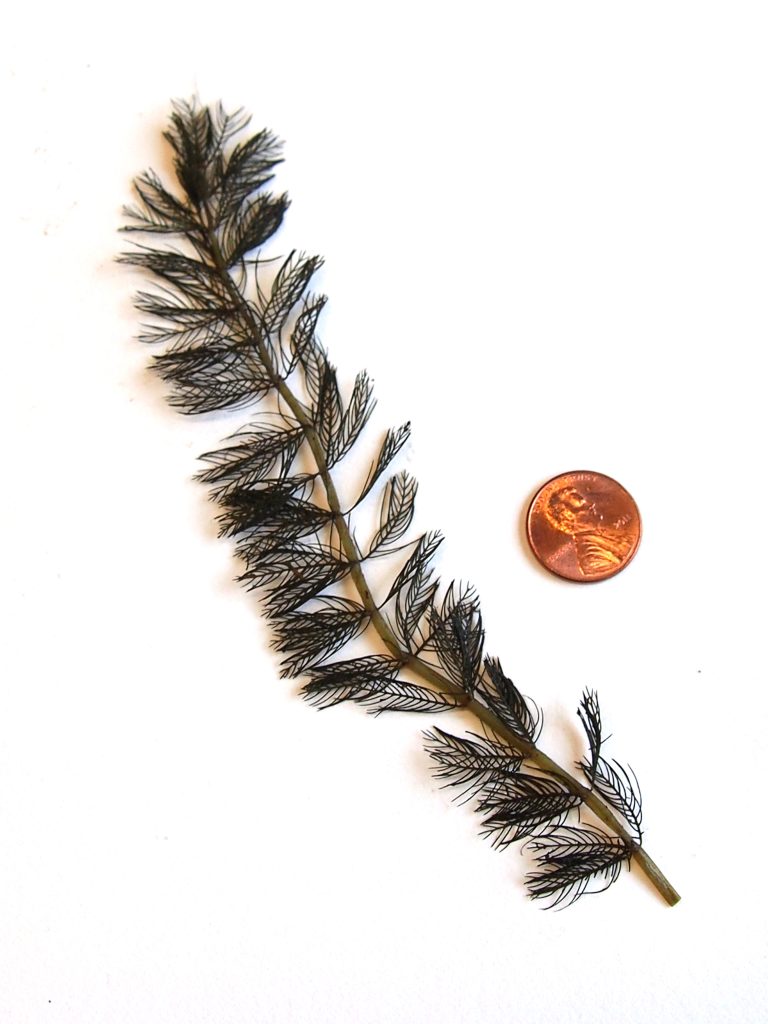
Zebra Mussels (Currently in Big Pine Lake, Little Pine, Farm Island, Cedar, Mille Lacs)
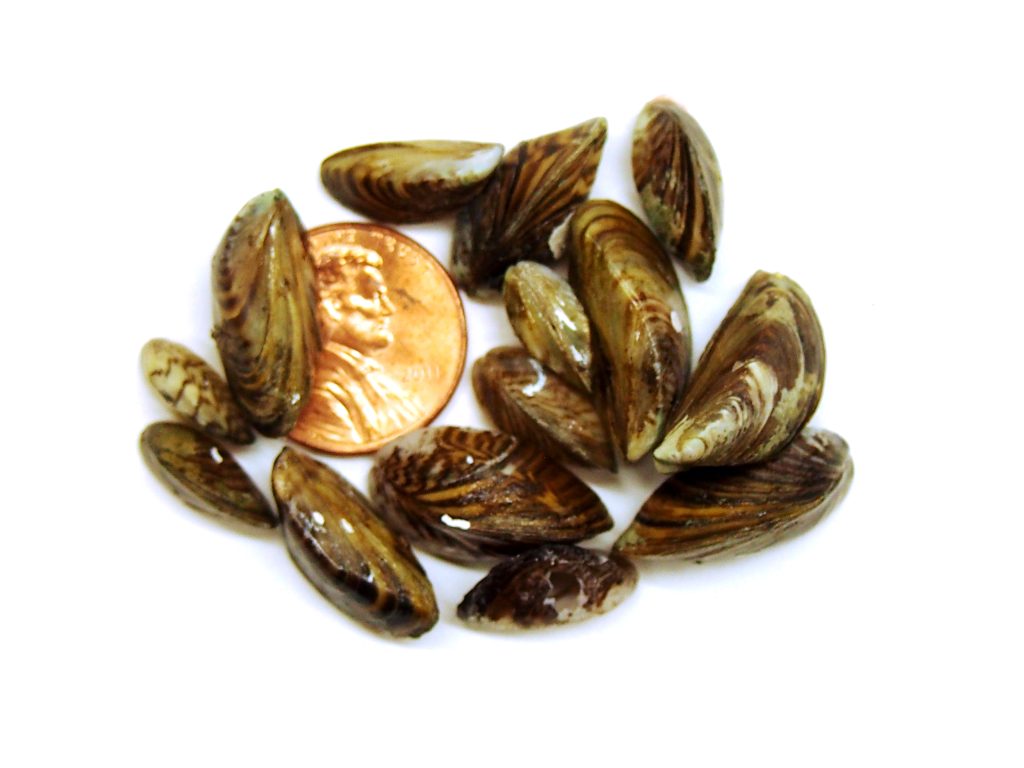
https://www.dnr.state.mn.us/invasives/aquaticanimals/zebramussel/index.html
https://www.dnr.state.mn.us/invasives/aquaticanimals/zebramussel/zebra-mussel-pilot-project.html
Quagga Mussels (Currently in Mille Lacs)
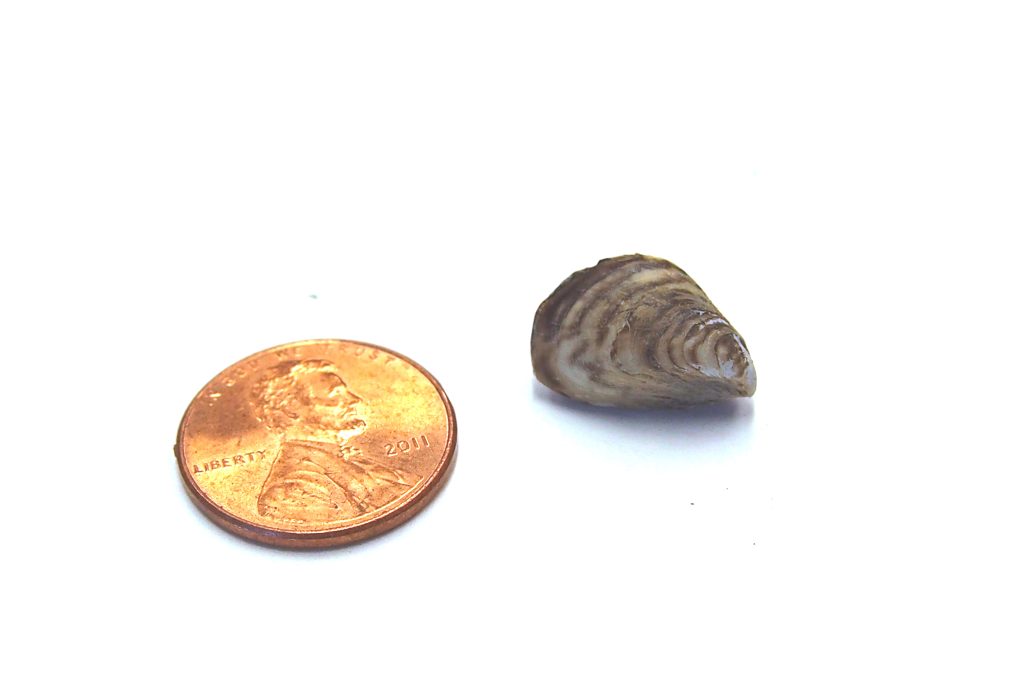
Chinese Mystery Snails (Currently in Mille Lacs)
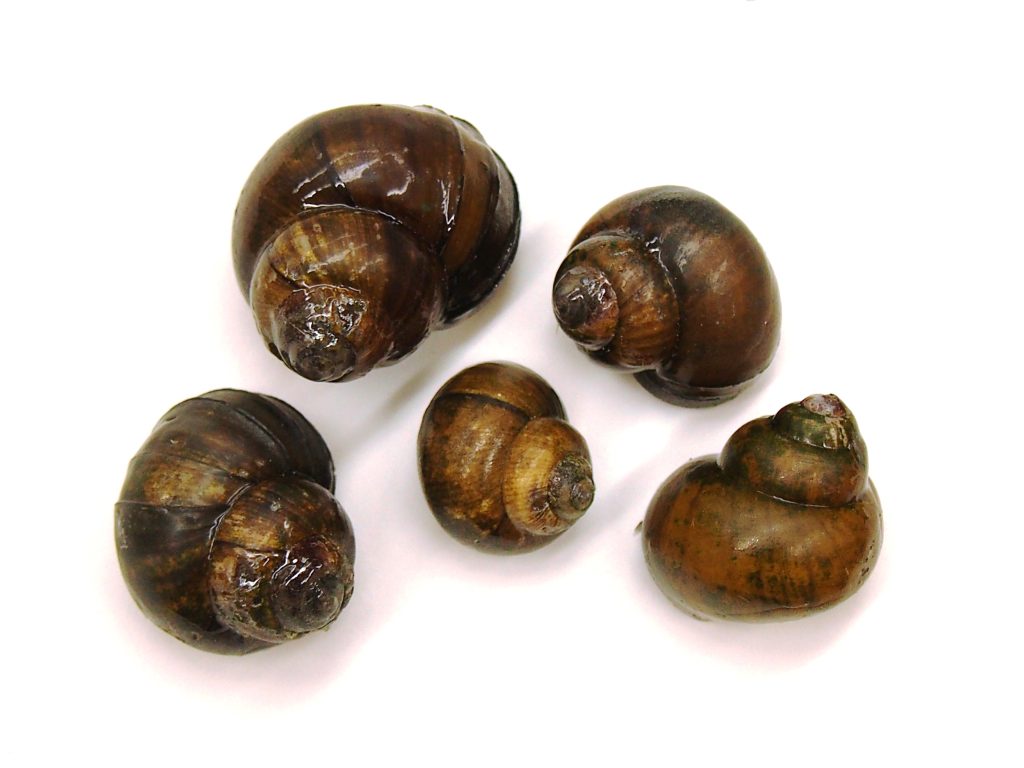
Spiny Water Flea (Currently in Mille Lacs)
https://www.dnr.state.mn.us/invasives/aquaticanimals/spinywaterflea/index.html
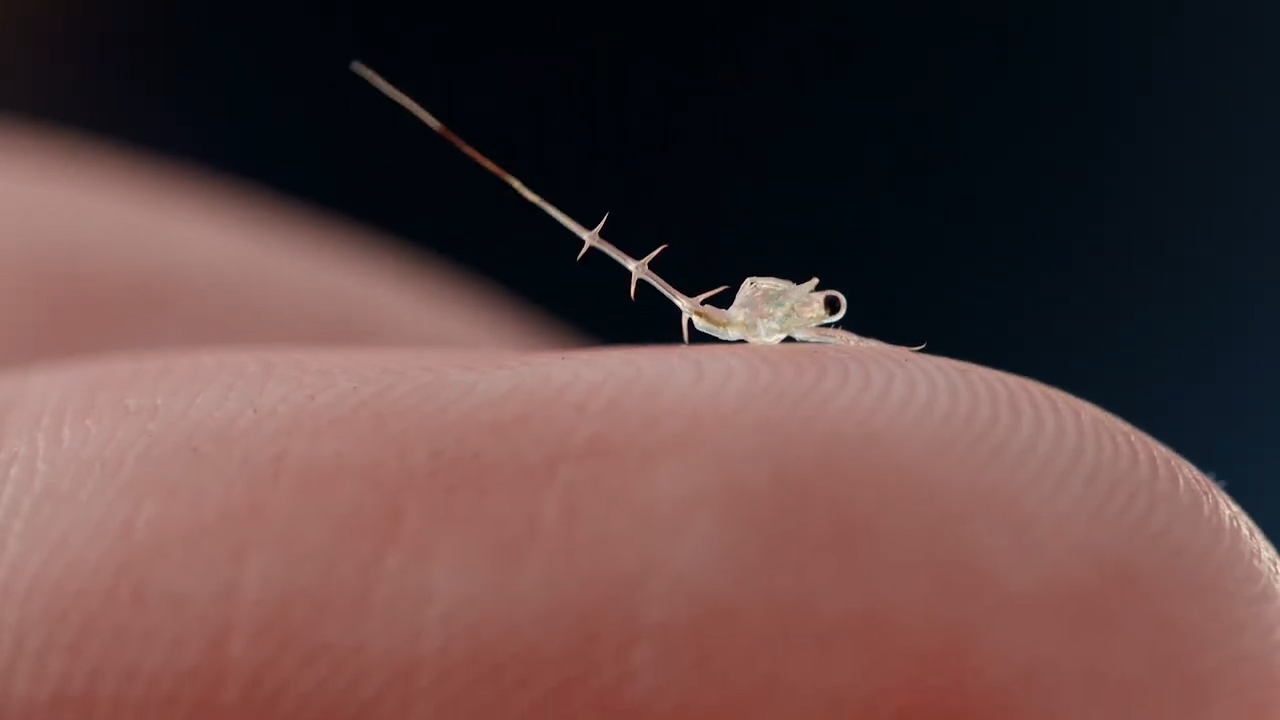
Curlyleaf Pondweed (Currently in Mille Lacs)
https://www.dnr.state.mn.us/invasives/aquaticplants/curlyleafpondweed/index.html
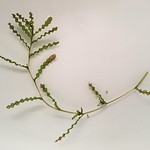
Photo Credit: MAISRC
Starry Stonewart (Currently in Mille Lacs)
Video from Lake Koronis: https://www.youtube.com/watch?v=Wvw3OCgyq2A
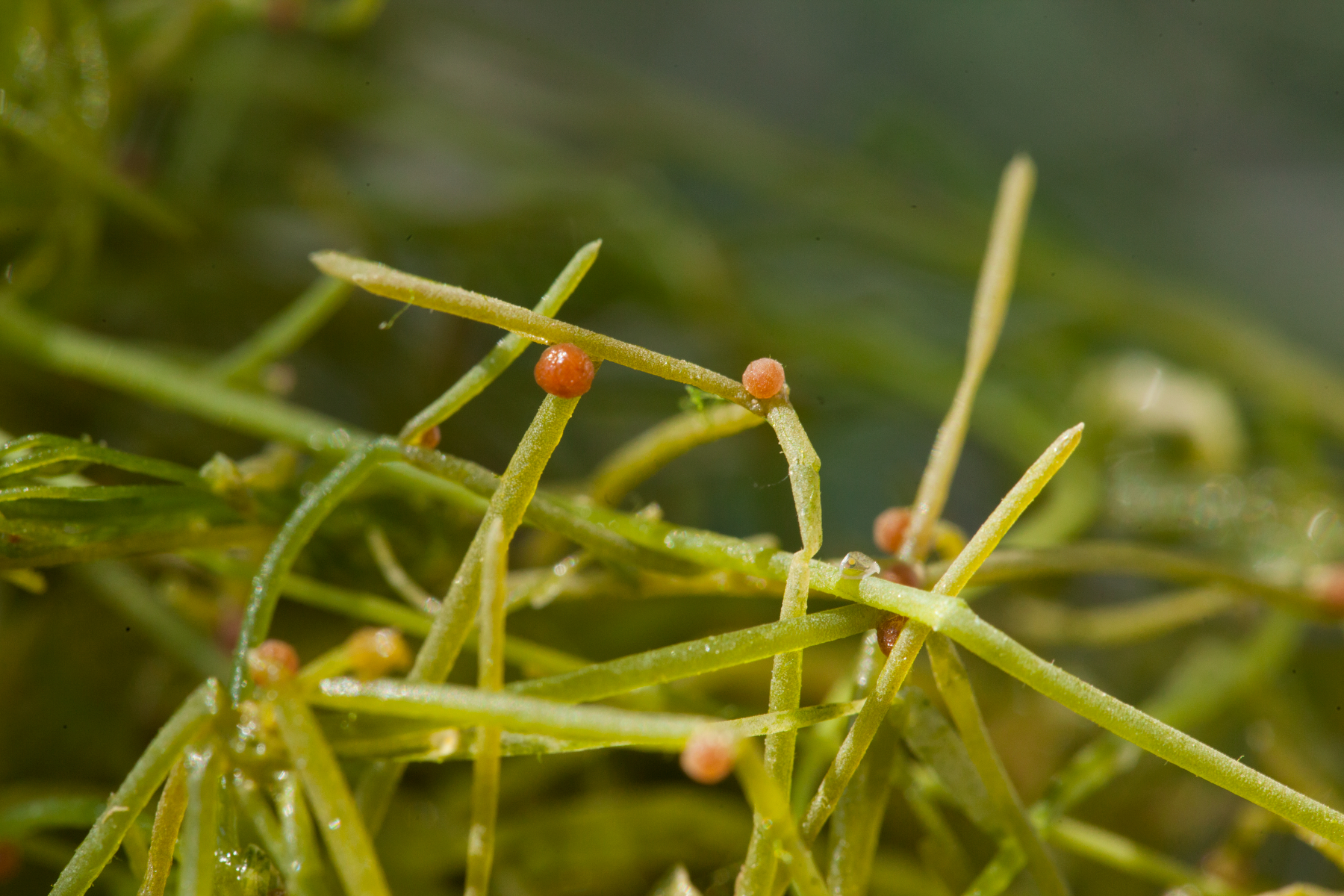
Stop Starry Stonewart Program Link – MLR Expands Efforts in 2024 and 2025 throughout Minnesota
Zebra Mussels in Big Pine Lake
MNDNR Zebra Mussels Information Page
Invasive Species in Aitkin County
The Aitkin County Soil and Water Commission Conservation District monitors Aquatic Invasive Species (AIS) in our county. Currently, Big Pine Lake has Zebra Mussels. Our association attends AIS meetings on a monthly basis. There are some experimental trials looking at options for eradication of Zebra Mussels and the Association will continue to review the newest treatment options for consideration that minimizes damage to the lakes ecology. One of the invasive species to watch for is the Spiny Water Flea which attaches to fishing lines (looks lie cotton). They have been detected in Mille Lacs, so we fear transportation to our lake. Additionally, Mille Lacs has Eurasion Watermilfoil and Zebra Mussels. Round Lake has Curlyleaf pondweed. Again, we fear transportation to our lake and this is why a clean in-clean out program is so important. The following Links provide additional information.
Aitkin County Soil and Water Conservation District
MNDNR Local Aquatic Invasive Species Prevention Information
Mille Lacs Watershed & Round Lake AIS
How Well Do you now AIS? Short Video
AIS Prevention: Watercraft Clean In – Clean Out Program
Watercraft and water related equipment can spread zebra mussels and other aquatic invasive species (AIS), flowering rush, Eurasian milfoil, spiny water flea, starry stonewort, etc. Before entering the lake and when leaving the lake, make sure you:
CLEAN: All the weeds, debris and mud off your boat, trailer and equipment that will enter the water.
DRAIN: All live wells, bilge areas, motors and other water holding containers.
DRY: Completely dried your watercraft and REMOVED the PLUG.
DNR Invasive Species Prevention
DECONTAMINATE: If you are moving your boat from one lake to another and do not have sufficient time to allow it to dry thoroughly, you need to decontaminate your watercraft and gear to ensure you are not transporting invasive species that are not visible or removable.
AIS History Timeline
A Timeline of Minnesota’s Nationally Renown AIS Program:
1990: Minnesota Legislature authorizes a $2 surcharge on watercraft registrations to support invasive species management.
1991: MN DNR Invasive Species Program is officially established.
1992: MN DNR launches its watercraft inspection program.
1993: Watercraft registration surcharge is increased to $5 to provide additional funding for AIS management.
2000 – 2011: The DNR launched the Invasive Aquatic Plant Management grants, providing funding to local partners to treat curly-leaf pondweed, Eurasian watermilfoil, and other invasive aquatic plants. Early monitoring and mapping efforts for invasive plants, including curly-leaf pondweed and Eurasian watermilfoil, were strengthened at the local and statewide level.
2012: The Minnesota Aquatic Invasive Species Research Center (MAISRC) was established at the University of Minnesota to provide science-based research, management strategies, and outreach to help control AIS across the state.
2014: Legislative action created County AIS Prevention Aid, providing $10 million in annual funding directly to local governments to support watercraft inspection, education, and prevention programs.
2018: MAISRC researchers developed an online dashboard—AIS Explorer—that forecasts the introduction and establishment risk of aquatic invasive species.
2021: MLR launches the Stop Starry Stonewort program installing Clean, Drain, Dry, Dispose (CD3) Cleaning Stations at starry stonewort infested accesses.
2025: MLR and partners stave off a 50% reduction in County AIS Prevention Aid until 2027 and the AIS surcharge increases from $10.90 ~$25 to boost IAMP grants.
AIS Resources
AIS contacts in MN counties:
- MN DNR – DNR Aquatic invasive species specialists: Contacts by Region
- MN DNR – County Aquatic Invasive Species (AIS) Prevention Aid: Primary Contacts by County
Sources regarding AIS, by species
- U.S. Geological Survey – Non-indigenous Aquatic Species
- MN DNR – Invasive aquatic plants
- MN DNR – Invasive aquatic animals
- University of Minnesota Extension – Identify invasive species
Minnesota and US AIS rules, laws, and programs
- US EPA – Detecting and monitoring AIS
- MN Statutes – Invasive species
- MN DNR – Invasive species laws
- MN DNR – AIS Programs, Reports, and Partners
- MN DNR – AIS specialists
- MN Sea Grant – AIS campaigns
- University of Minnesota Extension – AIS detector programs
- Pacific Coast Marine Fisheries – Western AIS resource center
AIS inspection and decontamination programs
- MN DNR – Watercraft inspection program
- MN DNR – Watercraft inspection handbook
- Pacific Coast Marine Fisheries – Watercraft inspection and decontamination manual
- Pacific Coast Marine Fisheries – Uniform minimum protocols and standards on inspection and decontamination programs for zebra/quagga mussels in the western states
Funding sources
- MN Statues – AIS Prevention Aid
- MN DNR – AIS Prevention Aid
- MN DNR – Lake Improvement Districts
- MN Statutes – Watershed District projects
Minnesota’s infested waters list
- MN DNR – Infested waters list
AIS research
- U.S. Geological Survey – USGS Invasive species research
- US Army Corps of Engineers – Aquatic Nuisance Species Research Program
- University of Minnesota – Minnesota AIS Research Center
